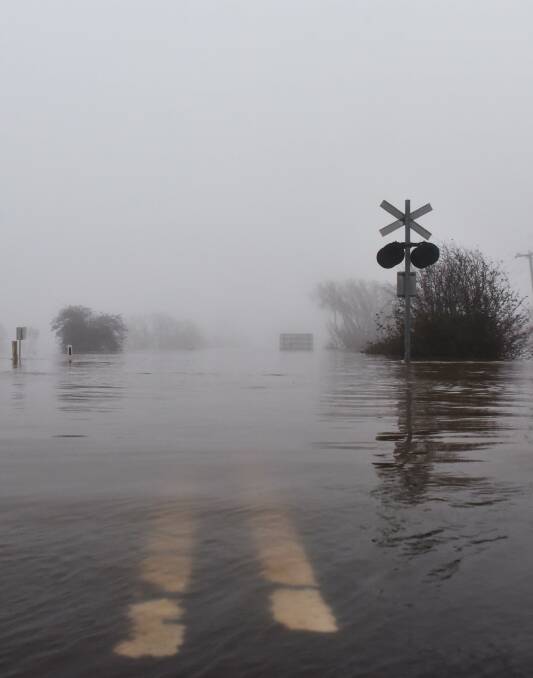The Prime Minister Malcolm Turnbull has proved himself a cat amongst the pigeons, revisiting a former self and declaring himself a true believer in climate change and the disasters it can potentially unleash.
Subscribe now for unlimited access.
$0/
(min cost $0)
or signup to continue reading
Touring the aftermath of some of worst flooding in Tasmania’s history, Mr Turnbull warned that natural disasters would become more severe as climate change worsens.
"Certainly, larger and more frequent storms are one of the consequences that the climate models and climate scientists predict from global warming but you cannot attribute any particular storm to global warming, so let's be quite clear about that. And the same scientists would agree with that." Mr Turnbull said.
While his comments were measured enough to ensure he was not blaming any specific event on global warming, he brought together two key issues which make him the bane of the climate sceptics. He has converged a grim reality of the world we live in “the land of droughts and flooding rains. And fires too" and the prospect that it could get worse. What Mr Turnbull worryingly identified from anecdotal experience in the wake of the extraordinary storm system is the unnerving sense of “no precedents”.
Locals in the area for generations talk of the never before experienced scale of flooding. The immediacy and tragedy of natural disaster reinforces up-close what climate scientists portentously reveal in every temperature record broken. It might be branded as political opportunism from some but unfortunately the consequences are too real and too familiar. Cheaper low lying housing catches out victims in parts of Tasmania often without insurance while the misery awaits more distant and more dismissable sea-level islands.
The big question arising from any such calamity is; are we still masters of our own destiny?’ Mr Turnbull’s practical assurances around the success of flood levies and other mitigating works would indicate he believes we are still. Humans may be fantastic adaptors at the worst excesses climate can throw at us but there still remains the innate fear of chaos and whether this climate is increasingly out of our control. Many would argue intelligent and forward prevention has always been a better and more efficient mitigation.
Whether it is dry dams or escalating bushfire risk, this is a good debate to have in an election campaign because it is in shaping this future we most seek real leadership.


